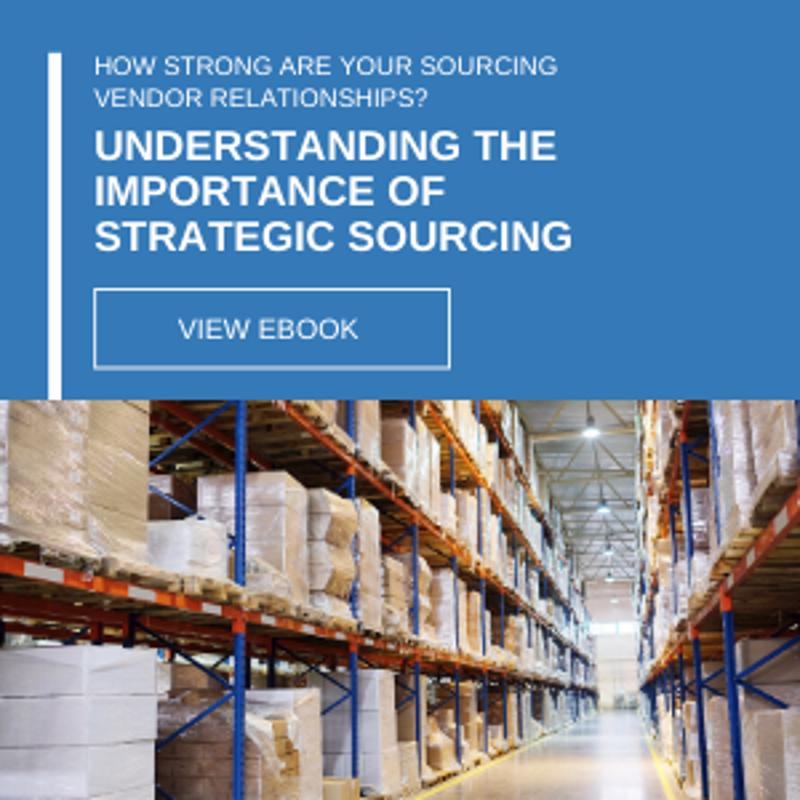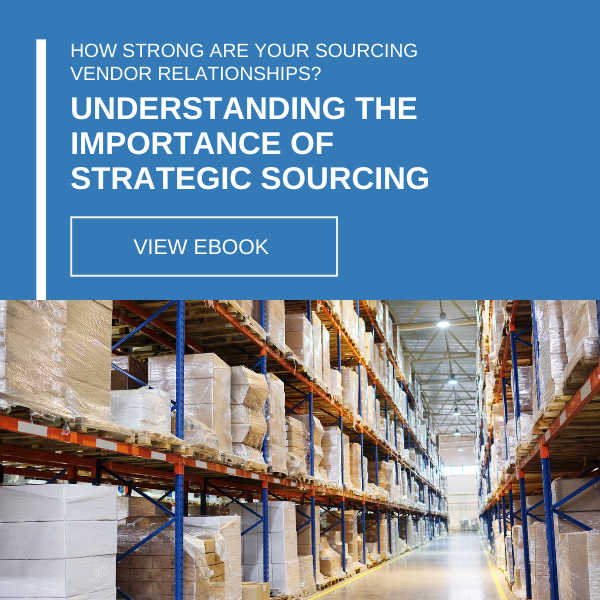
Coronavirus impeding supply chains worldwide
For as much as the novel coronavirus has saturated the headlines over the last month or so, several aspects of the contagion remains shrouded in mystery. According to John Hopkins University, at least 141,600,000 people have been infected by the virus more formally known as COVID-19. Yet because it doesn’t always cause noticeable symptoms (e.g. fever, cough, runny nose, sore throat, chills, etc.) in those infected — the number is likely far higher.
Additionally, while the virus is believed to be originated from densely populated Wuhan, China, it’s unclear who was the initial carrier.
One thing is for certain: The communicable disease has caused massive amounts of uncertainty and brought significant instability to supply chains in a variety of industries.
The effects of the coronavirus are observable both on a macro and micro scale. Indeed, as reported by the Department of Commerce, the gap in foreign trade for goods and services narrowed considerably in January, down 6.7% from December to $45.3 billion. That was even lower than economists at The Wall Street Journal predicted, who anticipated a dip resulting from the disease’s spread. Imports also slipped during the 31-day period, falling by 1.6%.
“Stocks and bonds on Wall Street have tumbled.”
Stocks and bonds on Wall Street have also tumbled, with the Dow Jones Industrial Average falling more than 1,000 points on several trading days in early March, erasing much of the gains notched since 2020 began.
Meanwhile, according to the latest estimates from the Institute for Supply Management, the NMI Index in February reached 57.3%. While this is up 1.8% from the January reading, the rate of increase has slowed. Professionals in multiple industries attribute the pullback to the coronavirus, as more countries and companies adjust to enhance containment.
Richard Hayne, chief executive of clothing company Urban Outfitters, told The Wall Street Journal the virus has had an impact on virtually every aspect of the world economy in one way or another.
“The bottom line is COVID-19 supply chain uncertainty could create demand uncertainty as well,” Hayne said.
The impact on organizations with suppliers in China
Although an increasing number of countries, such as Italy, the U.S., Japan and South Korea, are taking actions to more effectively contain the virus, China has received the brunt of the fallout. According to the most recent estimates from Johns Hopkins University and the World Health Organization, roughly 80,700 people in China alone have contracted COVID-19 and approximately 3,000 have died.
“Roughly 80,700 people in China alone have contracted COVID-19.”
Combined with production reduction fueled by the tariff war, many companies had already been reducing development in China. Chip Bergh, CEO of Levi’s, said during a panel discussion at the Retail Industry Leaders Association that were it not for the rising tariffs that led to the pull back, its supply chain would have undoubtedly sustained a more direct hit than it has thus far, Supply Chain Dive reported.
Starbucks, meanwhile, is bracing for an adverse impact on earnings. In a letter to shareholders obtained by Restaurant Dive, the multinational coffee chain informed investors that it anticipates comparable stores sales in China will drop at least 50% in the second quarter, which would be the equivalent of a revenue loss ranging between $400 to $430 million. In February alone, comparable store sales slipped 78% on a year-over-year basis.
Product shortages
At a more local level, the effects of the coronavirus are hitting home in more ways than one, as increasing numbers of shoppers find empty store shelves in grocery aisles that are typically well stocked. As reported by the New Hampshire Union Leader, supermarkets and corner stores in certain portions of the Granite State are selling out of toilet paper, disinfectant wipes, and sprays. Unfortunately, New Hampshire isn’t the only state experiencing this issue. Localities across the U.S., Australia, Singapore, Canada, and more are experiencing toiletry and cleaning supply shortages.
Walmart, the world’s largest private employer and business on a revenue basis, is also in the midst of supply chain disruption. Casey Staheli, spokesperson for the retail giant, told the Union Leader that while disinfectants are hard to come by in some area facilities, he doesn’t think people are necessarily panicking.
“We continue to monitor the development of the coronavirus situation globally and are closely following official recommendations while working with our suppliers to understand and mitigate any supply chain disruptions,” Staheli said. “Providing customers with the products they want and need remains our focus.”

Curb the effects of COVID-19
Whether in food and beverage, retail, manufacturing, or virtually any other industry, there will likely be some form of impact from COVID-19, be it on the supply chain, overall output, or staffing. Here are simple strategies that can curb the effects:
Maintain good hygiene
Washing hands should always be a priority, but especially during cold and flu season. Encourage all workers to frequently and vigorously wash their hands with soap and water for approximately 20 seconds. Ideally, staff should avoid touching their face, specifically their eyes, nose or mouth — this can also help further reduce the chances of infection.
Disinfect surfaces
What surfaces in your facility get touched frequently? Whether they be handles, tables, knobs, or switches, consider washing them with disinfectant after each working day. Alternatively, or in addition to this, consider having your crew wear latex gloves. Be mindful of the surfaces that often go unchecked, like controllers, keypads, and computer hardware (keyboards, mouse, etc.).
Go over all possible scenarios
Like with any other communicable disease, the coronavirus will go away eventually, but no one knows when that will be exactly. In the meantime, consider the various supply disruption issues that may result over the next few weeks or months and how they will affect other elements of your day-to-day business operations. The best way of going about this is by maintaining a constant line of communication with your workers as well as suppliers so you can always be aware of supply chain challenges, and know the best way to respond. The focus should be on supply chain continuity — if you don’t have an existing continuity plan in place, working with experts may help you get your supply chain management back on track.
With over 50 years of experience, USC Consulting Group has helped hundreds of companies in a variety of industries overcome supply chain challenges — before, during, and after they occur. We can do the same for you. Please contact us to learn more and obtain the process improvements that can help you better navigate the unknown.







